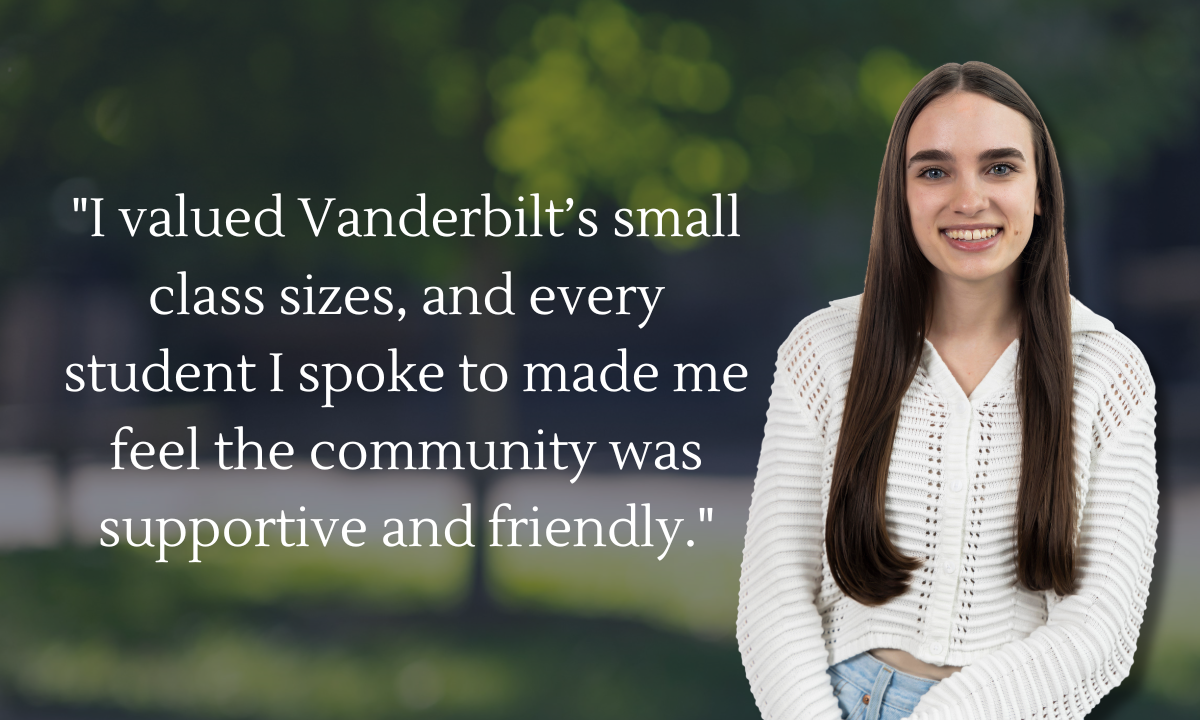Caroline Cecot’s interest in how people respond to uncertain risks and how governments can regulate them led her to a doctoral dissertation topic fraught with controversy: hydraulic fracturing, or fracking.
A native of Brooklyn, New York, Cecot earned her undergraduate degree in economics at Harvard and worked as a researcher at the AEI-Brookings Joint Center for Regulatory Studies in Washington, D.C., for two years before starting work on her J.D./Ph.D. in law and economics at Vanderbilt. Her interest in energy extraction was sparked by the surge in fracking activity and the potential environmental concerns that it raises. “The emphasis on environmental risks as a Ph.D. program field and the law school’s great faculty strengths in environmental law were ideal preparation for exploring the diverse issues raised by fracking efforts,” she said.
Cecot, who served as the Vanderbilt Law Review’s senior articles editor in 2011-12, later joined the staff of the Environmental Law and Policy Annual Review to gain more exposure to environmental scholarship.
When thinking about her dissertation research, Cecot realized that comparing Pennsylvania, where fracking is allowed, with New York, which has not allowed fracking since 2008, could offer insights on how communities and property values are affected by the perceived risks of shale development. “I found that perceived risks can cause real losses to property values—and perceived risks to water sources play a particularly important role when people decide whether to allow fracking in their communities,” she said. “Areas with a greater reliance on private water wells as drinking water sources were more likely to ban fracking.” She concluded that governments seeking to promote shale development should first create effective regulatory systems to manage water-contamination risks. “I suspect that people would be more receptive to fracking if they knew there’s a reliable system in place that would ensure the quick discovery of any possible water contamination and guarantee that any problems would be fixed and any environmental harms remediated,” she said.
After earning her J.D./Ph.D. in 2014, Cecot spent the 2014-15 academic year at Vanderbilt as a postdoctoral research scholar in law and economics, co-teaching a class in Risk and Environmental Regulation with risk expert W. Kip Viscusi, University Distinguished Professor of Law, Economics and Management, who chaired her dissertation committee. Her doctoral studies with Viscusi and Professor Joni Hersch, who co-directs the Ph.D. Program in Law and Economics, “taught me how to ask the right questions,” she said. “Vanderbilt is lucky to have so many amazing professors who really care about teaching and mentoring students.”
Cecot will move to New York City this summer to clerk for Judge Raymond Lohier of the Court of Appeals for the Second Circuit in the 2015-16 term. She ultimately hopes to join the legal academy. “Economics is my toolkit, and law—and its potential effect on people’s decisionmaking and behaviors—is my subject matter,” she said. “I loved my classes at Vanderbilt. I got a lot of my ideas in classes.”

